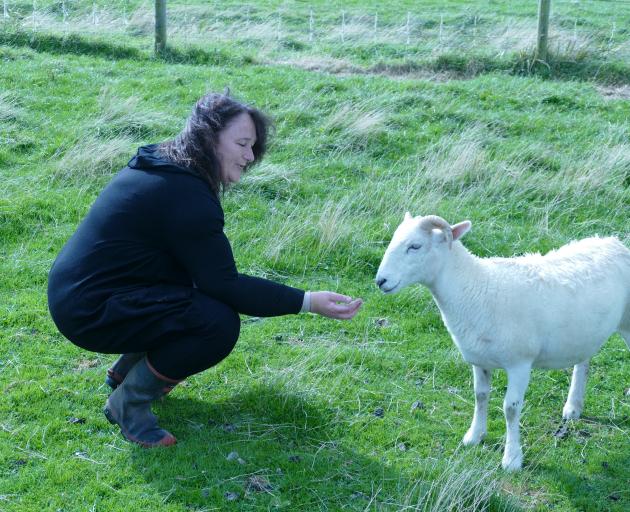
Donbrae English Donkey Stud owner Anne Heffernan quickly reassures me that any other sort of attention is always welcome from the animals.
Her interest in donkeys began with seeing jacks and jennys on a farm on the way to Oreti Beach.
In 2005, she purchased Snow Man from the Fernlea stud, intending to buy one donkey but coming back with two.
''Snow Man is well known around the place, having worked as a therapy donkey for our local Riding for the Disabled and attended many Santa parades,'' Mrs Heffernan said.
''He's also been a church-goer and has done fundraising for charity.''

''There are actually quite a lot of donkeys around the place, many more than most people realise,'' she said.
''In the South Island there is a predominance of English donkeys, although there is some interest in American breeds in the North Island.''
Although her donkeys are an English breed, the lines have deep links back to Ireland.
Mrs Heffernan said donkeys are easy to look after, and over-feeding was one of the main issues.
Donbrae is heavily involved in showing its donkeys, and Mrs Heffernan is a senior judge.
''One of the things about going to shows is that there is a nice sense of community among the owners,'' she said.
Besides her donkeys, and a swath of rescue animals, Mrs Heffernan also has a small flock of Wiltshire Horn Sheep on her property.
''We use them to keep our paddocks tidy for the donkeys,'' she said. ''As well, they are the ideal lifestyle block sheep as our animals are fully shedding, which means no shearing and crutching is required.''













